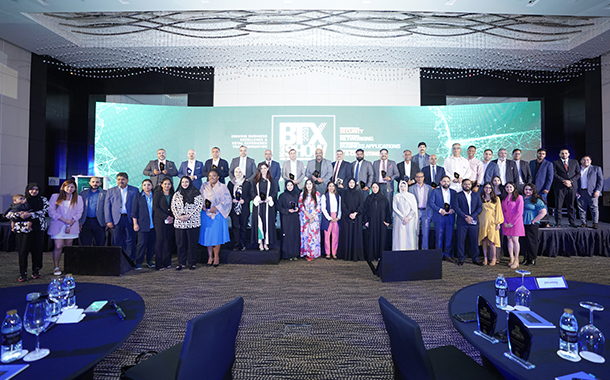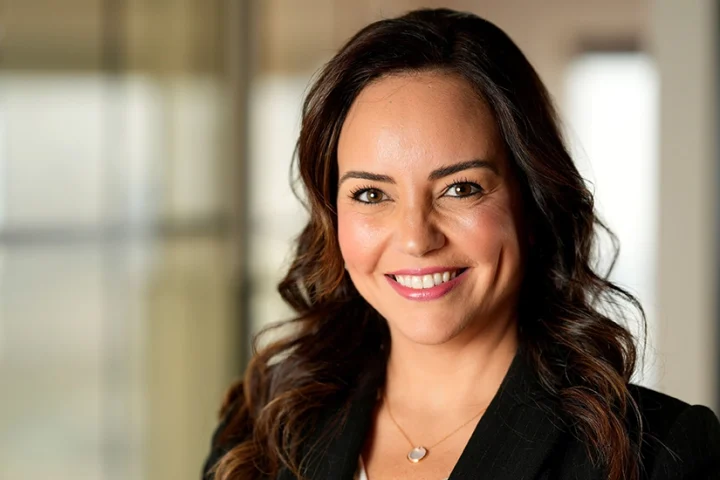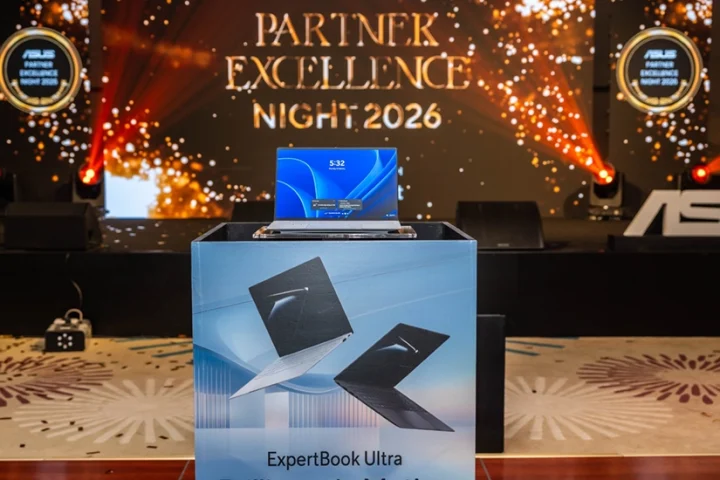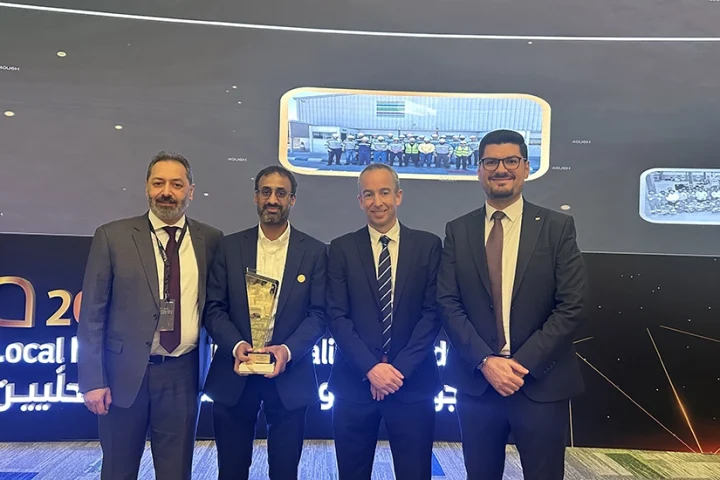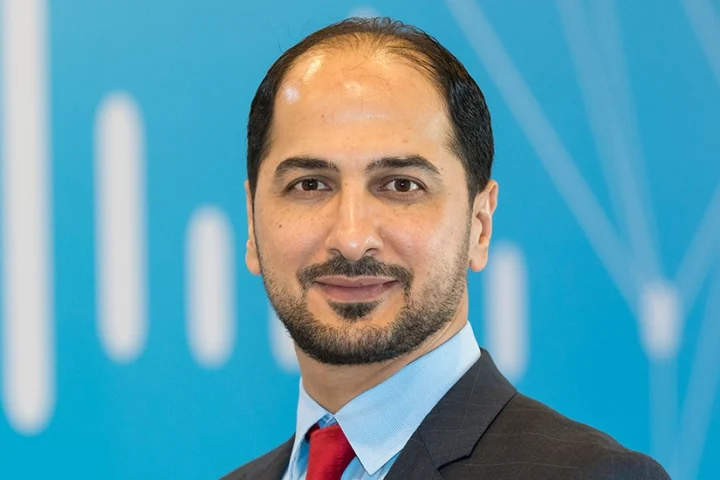Since its launch in 2009, WhatsApp has emerged as the go-to messaging app for 2 billion consumers across 160+ countries. Fast, easy-to-use, reliable and secure, WhatsApp has become the choice of messaging globally. As a business, you would also have heard of how WhatsApp for Business has become the talk of the town. It is one of the most trending and highly effective communication platforms, being rapidly adopted by businesses.
But what makes WhatsApp for Business such a hit, and why one should be using it?
App vs API
Since its acquisition by Facebook in 2014, WhatsApp has released two new products, WhatsApp Business App in January 2018 and WhatsApp Business API in August 2018. Often used interchangeably, WhatsApp Business App and WhatsApp Business API differ in the capabilities they offer.
WhatsApp Business App is built keeping a small business owner in mind. The app provides businesses a presence on the WhatsApp platform, thus allowing them to communicate with customers more efficiently. Already used by over 50 million users worldwide, WhatsApp Business App is here to stay. Free to use, the app can only be used on one device by one user and is limited in automation.
WhatsApp Business API, on the other hand is targeted at medium and large businesses. The WhatsApp Business API is designed for companies that receive a large volume of messages, which the Business App cannot handle. Also, the WhatsApp Business API provides advantages for enterprise businesses, including automation and integrations with an enterprise software stack like CRM, AI and analytics. Due to the expansive capabilities that come with the API, it is a paid-for product. To ensure a high-quality experience for businesses and users alike, integration of this API with your business requires you to partner with one of Facebook’s global business solution providers.
Why WhatsApp for Business is such a hit
WhatsApp for Business has been a hit with both businesses and its customers. Below points cover the main aspects why businesses vouch for the platform’s tremendous success.
WhatsApp is where your customers are
SMS and emails are almost dead. With close to two billion users using WhatsApp globally and 60 billion plus messages exchanged daily, WhatsApp remains the indisputable leader in the messaging apps market, and also customers’ preferred channel of communication. Communicating with customers on their preferred channel of communication reduces a huge learning curve for the customer, thus enabling clear communication with the business. Businesses are benefitted by the customer’s familiarity using features on the platform like URLs, media, emojis, documents and locations. So prevalent is the WhatsApp platform, that during the ongoing Covid pandemic, WHO has launched the World Health Organisation’s Health Alert on WhatsApp.
Be with your customers at all times
Why wait for an IVR, customer care personnel or an email response, when a customer can get information, they need quickly through the WhatsApp platform? The platform can be programmed to serve customers in certain use-cases in real-time, thus acting as a great enabler in reaching to customers quickly and effectively. Real-time and timely alerts and notifications are sent instantaneously, while most common FAQs can be fed into the WhatsApp platform, and can be relayed to the customer in real-time.
Customers get more done through a two-sided conversation
Recent studies show customers are more comfortable with conversations. Customers ask questions on the platform as they would be inquiring over phone or at a physical store. Through careful integration, WhatsApp allows businesses provide a two-sided conversation with its customers – thus increasing customer engagement.
Connect with customers through your brand
When customers interact with your business on WhatsApp, they are welcomed through your business profile, a unique, branded business identity they relate to and trust. This level of customisation also gives you the opportunity to inject your brand personality into each interaction with the customer – your brand can get creative in your conversations with customers using your brand’s photos, videos, and tone of voice.
Be Global and yet be Local with WhatsApp API
Businesses wishing to use the WhatsApp Business API in global geographies need to provide a local number, landline, mobile or even toll-free, and are allowed to utilise the language of choice to communicate with customers in these locales. For global businesses or those looking to go global, WhatsApp is the definite go-to messaging platform.
Saves money for the business
Up to 80% of inquiries to the customer-care can presently be automated, allowing your teams to manage more tickets with fewer resources and conversations can be easily handed over to a human representative whenever necessary. This frees up your customer service representatives to focus on high-value or complex tickets which need human support.
Engagement through secure means
Most important – a verified business profile from WhatsApp provides businesses and customers a secure and trusted channel to work with. Both the business and customers are assured of a safe and secure channel to communicate. WhatsApp gives strict attention to protecting customer privacy with constant updates to its end-to-end encryption, thus taking away a major headache for businesses.
Conclusion
WhatsApp for Business was launched in early 2018, and its success was warranted, given its huge userbase. But careful implementation of the platform made the early adopters of the WhatsApp platform super-successful and be better at engaging customers better, especially during the ongoing Covid pandemic.
Facebook marketing went mainstream in the early 2010s, and its benefits to businesses is for all to see. If your business is not already on WhatsApp, rest assured your business needs to be there. Properly implemented, WhatsApp for Business helps your business tremendously by building a unique customer experience, one which will bring you much closer to building that perfect customer experience, the Holy Grail of businesses globally.
By Isha Farha Quraishy, Customer Success Manager at Finesse, Dubai and Priyanka Nijhawan, Pre-Sales and Technical Consultant at Finesse Global.




